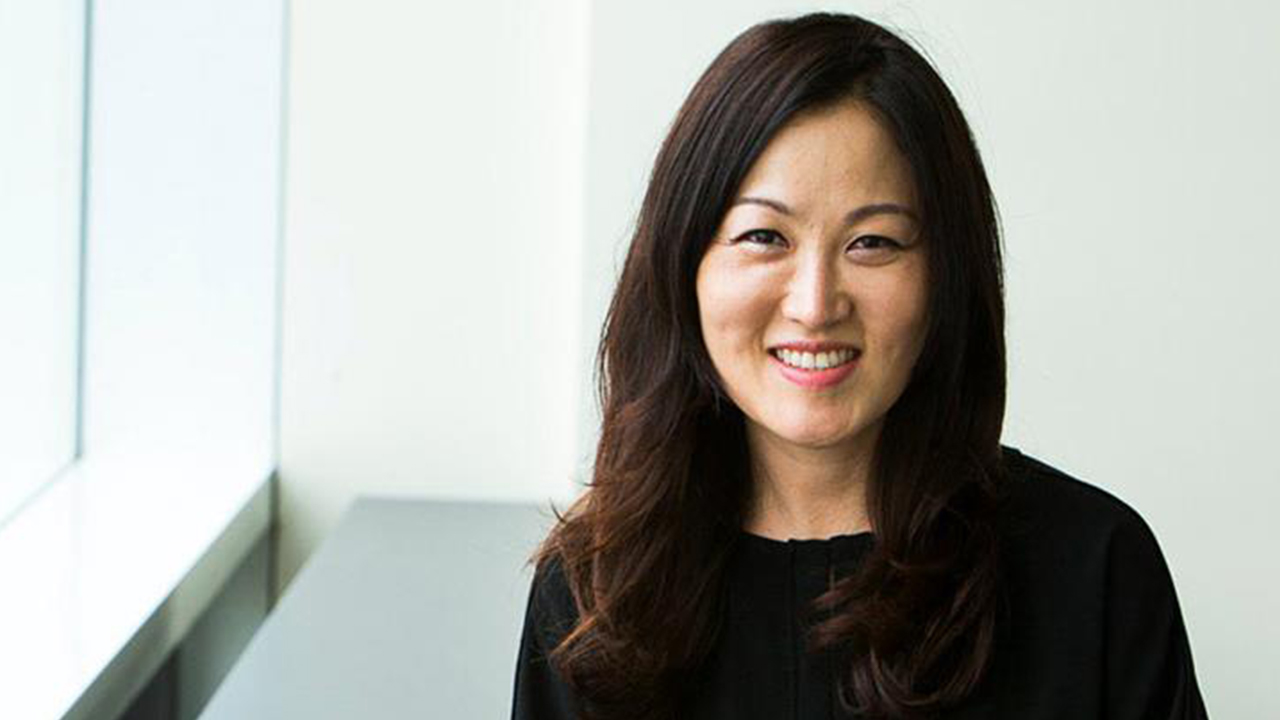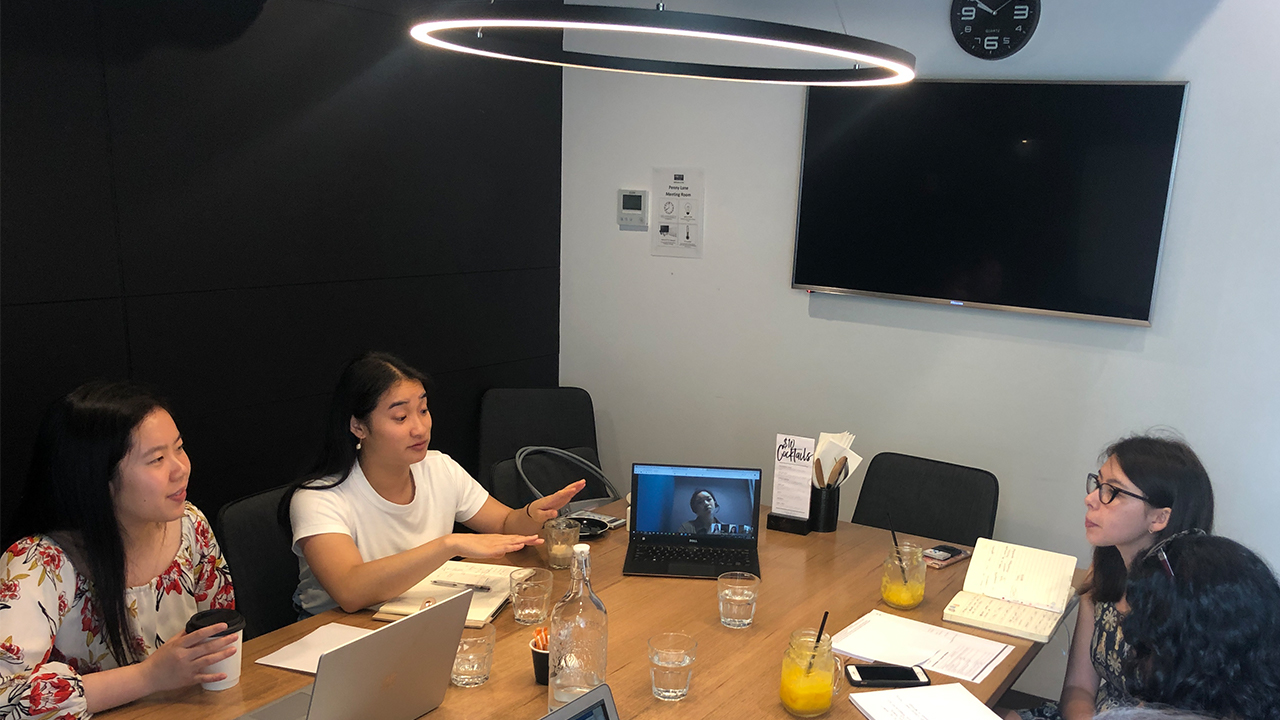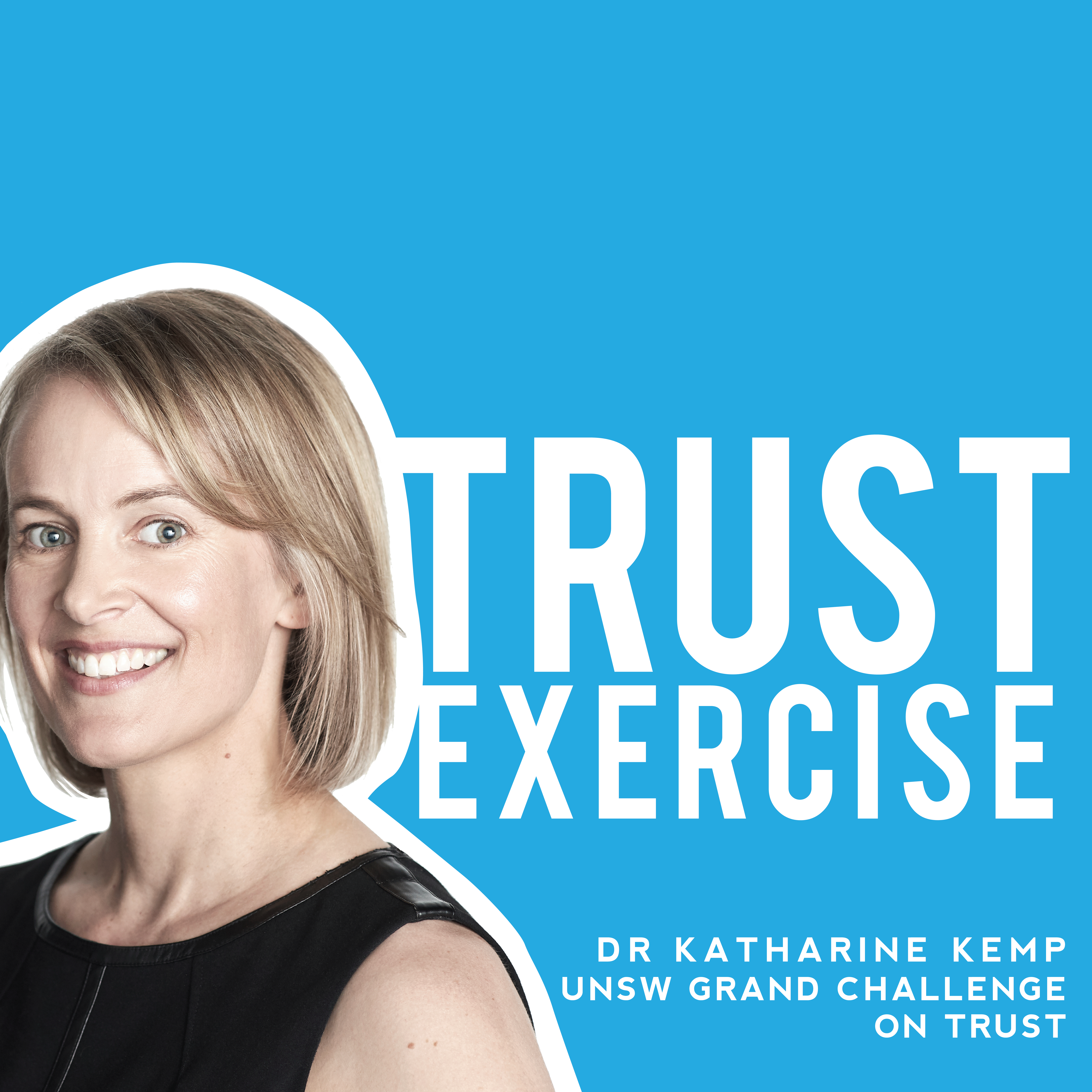Academic Profile | Dr Natalie Oh

The legacy that I would like to leave through this project is to empower female students to have confidence in their own capacity to use technology with competence.
Please tell us about yourself
I am a Senior Lecturer in the School of Banking and Finance, UNSW Business School. I am committed to exploring how Business Education aligns with the UN’s Sustainable Development Goals (SDG). My work in developing specialised programs in business ethics, and with targeted groups including indigenous, marginalised, elite and female students, has been internationally recognised in the award of Senior Fellow of the Higher Education Academy (SFHEA). My approach to developing curricula is to encourage students to take ownership of their learning through practical experience and partnering with industry.
My research interests include market microstructures, behavioural finance and capital markets. I have published in major refereed international finance journals. I’ve held a consultancy role in the World Bank in Washington DC on their Financial Sector Assessment program. I run a not-for-profit organisation, working on eradicating poverty and assisting low income developing countries in Asia. I have worked with other NGOs distributing food and medicine to low income developing countries and I teach in higher education on a voluntary basis in developing countries, including Kenya, China and Mongolia.
Why were you drawn to this particular grand challenge?
Technology is transforming the way we live and work and this is all too evident during the current COVID-19 crisis. Technology has become essential element of our life, but is it enhancing our life or is it overtaking our life?
Through the Inter-Varsity Tech Literacy Series for Women, we want to take a challenge in tackling some of the big questions of ‘Trust in Technology’.
What does your partnership with the Grand Challenge program involve?
I am organising Inter-varsity Tech Literacy Series for Women, where Women business student associations across UNSW, USYD, Macquarie and UTS are collaborating to break barriers for females in technology.
At the end of four workshop series, we will be hosting a grand challenge in partnership with the UNSW Grand Challenge on Trust, to explore some of the critical issues facing trust in technology and challenge the student participants to think about this in a business context.
What legacy do you hope your project will leave?
The Inter-Varsity Tech Literacy Series for Women aims to empower female students in Business with technology skills to become future leaders in an increasingly integrated business and technology space.
With women more than twice as vulnerable than men to lose their jobs due to automation by robots, as outlined in a recent report from the Institute for Public Policy Research (IPPR), young women need to be educated across a spectrum of technologies without having to necessarily pursue a degree in information technology. The four workshops designed for the Inter-varsity Tech Literacy Series strive to equip female students to be more ‘tech agile’ but it is through the grand challenge within that series that we aim to nurture female students to think critically and grow their leadership skills in these fields.
The legacy that I would like to leave through this project is to empower female students to have confidence in their own capacity to use technology with competence.
What is the one-take away you hope people will obtain from your collaboration?
Building confidence in using and making informed decision about technology.
What’s next?
I would like to finish 2020 Inter-Varsity Tech Literacy Series for Women in a way that is both impactful and empowering for our female students; enabling them to be confident with technology as they complete their degree and move into the workforce.
I hope to provide even better 2021 Inter-Varsity Tech Literacy Series for Women for female students. I am also looking forward to student’s response to the grand challenge question and would like to formulate their response and extend it further in contributing to a policy paper or a publication in a related journal.




